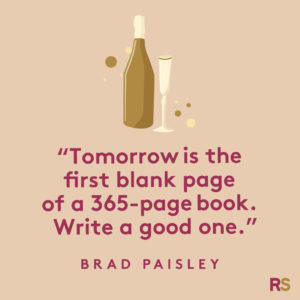
Dingbat & Darling
Let’s get real about self talk for a minute. Whether or not you’re into the IFS craze, we almost all at least treat ourselves as if there are multiple little versions of us inside. And pretty much everyone has a readily accessible part that will berate and punish us for any perceived mistake. (Critical parent, anyone?) And they NAME CALL. Because that inner critic often has the vocabulary of a 9th grade bully, some of that name calling is really awful. In fact, I won’t even write some of the terms my inner critic has at the ready!
I don’t share my personal experiences that often, but I think it’s worthwhile here. So, being the good little girl that I sometimes have inside, I did my self compassion work and changed some of my internal language. I gave myself a name for that sweet little kid who sometimes needs nurturing, teaching, or encouragement – she’s “Darling.” But let’s face it – there’s still a part in there that does dumb stuff, and needs something a little more corrective – and in my effort to be self compassionate, I renamed her from Those Awful Things I Won’t List to “Dingbat.” Maybe that’s not the ultimate perfection of internal parenting, but it’s a heck of a lot better. And I can interact with Dingbat in a much sweeter, bemused kind of way. It makes a big difference!
And I don’t think that we need to pretend that everything gets completely smoothed over inside, even with good therapy work. And honestly, I think there’s a space for a critical parent in there, too. But she doesn’t have to be a Raging B*tch. (Oops! did that come out?!)
Comment below: What is some of the really harmful inner language you’ve heard clients use? And how have you helped them turn it around into something that keeps the purpose without keeping the vitriol?
Side note: Image above is of an actual “dingbat,” which is apparently decoration on a page to make bland text more inviting! ha!


